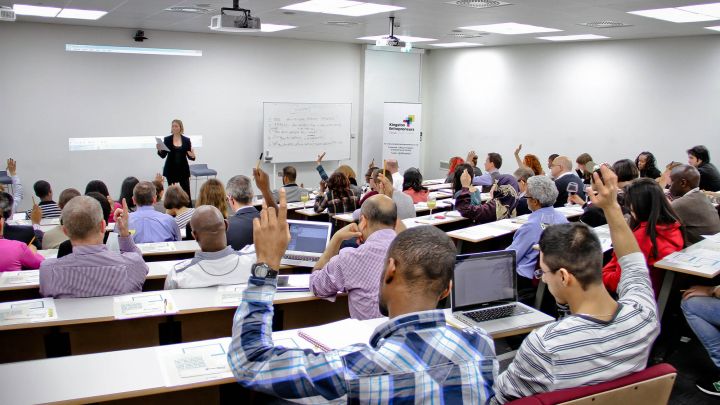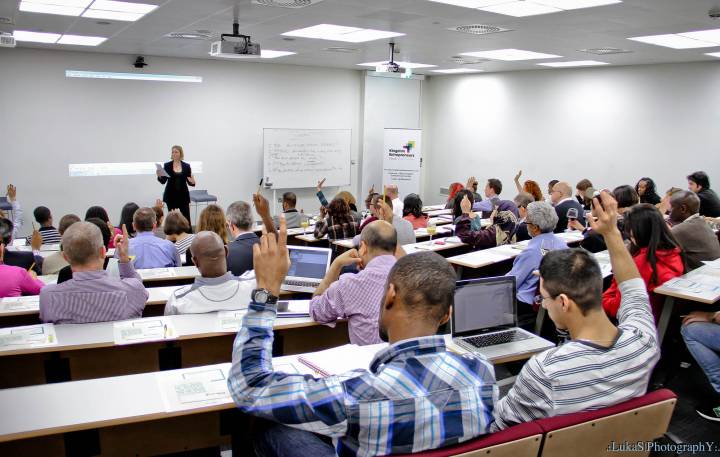Entanglements of value and wealth in the global tuna industry: who gets what, where and how in the geographical transfer of values

This event has taken place
View all upcoming events at Kingston University.
Time: 3.00pm - 4.00pm
Price:
free

The Political Economy Research Group (PERG) at Kingston University explores the dynamics of accumulation, distribution, and conflict in its new online summer seminars. Join us and our great line-up of speakers for our live web events!
This week we welcome Liam Campling (Queen Mary University of London).
There is growing interest in understanding questions of distribution in the study of the world economy, particularly the mechanisms by which wealth inequalities are sustained and reproduced. This article synthesises the insights of two prominent frameworks used to examine these questions. First, global value chain (GVC) analysis traces commodities from production to consumption, examining power relations among firms – ‘chain governance' – and the often disproportionate value captured by ‘lead firms'. Second, global wealth chain (GWC) analysis follows money as it percolates away from nodes in GVCs, examining the role of tax and financial systems in the relocation of wealth from locations of value creation. This paper draws on 15 years of research on the global tuna industry to illustrate the ‘many determinations' in the ‘geographical transfer of value' at multiple scales (Hadjimichalis 1984). It uses a nested scalar approach to map six sets of mechanisms involved, their articulations and, at times, contradictions, including resource access arrangements (e.g. the Law of the Sea) and ecological surplus; international trade agreements and market access (e.g. rules of origin); corporate governance and inter-firm relations; standardisation and control in labour regimes; public subsidies and tax systems; and social policy and social reproduction. The analysis shows that the synthesis of GVC and GWC prisms can help to better identify the ways in which value is accumulated and wealth distributed across borders and their role in reproducing income inequalities.
Once registered, you will be emailed with a link to the webinar platform 2 hours prior the event, and again 10 minutes before the event begins. You do not need an account to view.
Booking is essential to attend this event.
For further information about this event:
Contact: Gavin Capps
Email: Gavin.Capps@kingston.ac.uk
